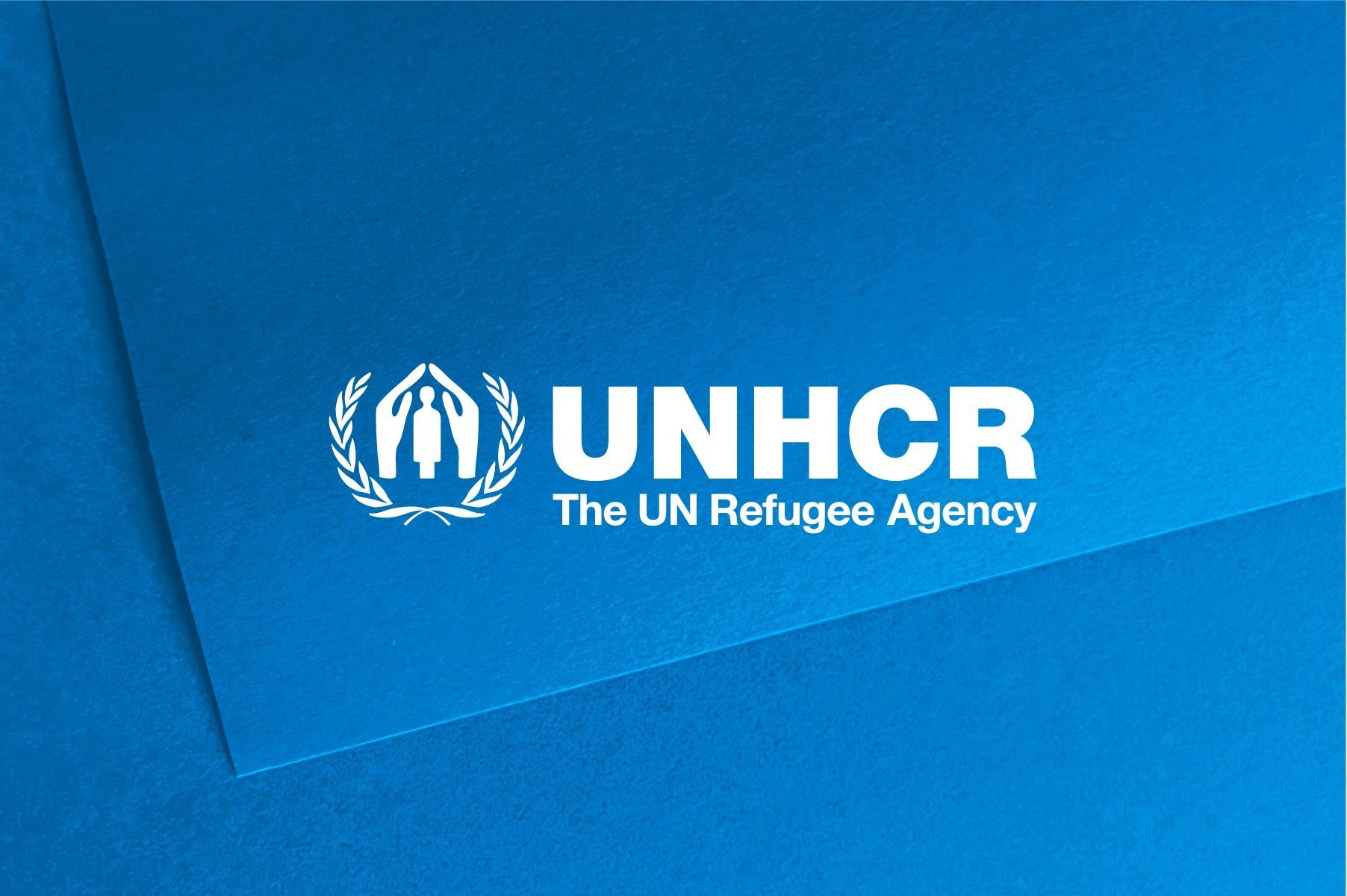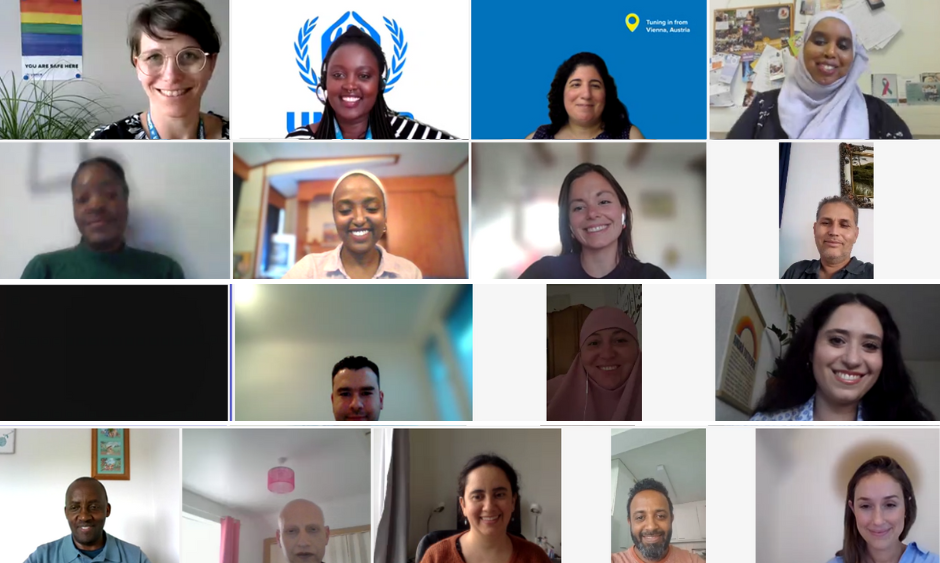Acclaimed Canadian author Lawrence Hill speaks to UNHCR Ireland about his newly released novel The Illegal
Acclaimed Canadian author Lawrence Hill speaks to UNHCR Ireland about his newly released novel The Illegal

Lawrence Hill is the author of ten books, one of which, The Book of Negroes, won several awards including the Commonwealth Prize for Best Book and The Rogers/Writer’s Trust Fiction Prize. Hill’s latest release, the Illegal, focuses upon the life of Keita Ali, a runner and native of the fictional Zantoroland, a country renowned for producing the world’s most talented runners. Keita’s father’s outspoken political views coupled with increasing violence in his home country forces Keita to flee Zantoroland in search of safety in the wealthy island nation of Freedom state.
However, Keita is forced to keep a low profile as Freedom State’s newly elected government is enforcing a crackdown on undocumented people and is determined to deport all refugees residing within the country’s borders. As a result Keita must lead a life below the radar, surfacing only occasionally to compete in local races in order to earn an income.
UNHCR Ireland’s Katie Cox spoke to Lawrence about Keita Ali and what it was that first inspired him to write a novel about refugees.
What was it that first inspired you to write The Illegal?
Well there were two incidents. One was working at the age of 16 in Toronto Airport in 1973. It was the year after Idi Amin expelled Ugandan Asians. And all summer working in that airport I saw Ugandan Asian refugees pouring into Toronto and waiting to be processed and it was a real introduction into the politics of mass migrations and forced exodus. It got me thinking about the world and about refugees very profoundly. About ten years later in the 80’s I went to visit my sister three times in West Berlin where she lived for a decade. She had fallen in love with a Sudanese who had come fleeing violence in Sudan and had set up in Berlin. He was more or less stateless as were many of his cohorts and so watching Sudanese deal with statelessness in Germany also got me thinking about the plight not only of refugees but of stateless (people).
Could you tell us a bit about Keita Ali and his background?
Keita Ali is a 24 year old marathon runner who flees violence in his homeland as genocide is erupting. He has no choice but to leave before tragedy befalls him in the same way that it has other members of his family. So it’s a story about a young elite marathon runner who gives up his Olympic dream and goes into hiding in a rich nation, a rich industrial power house that does not want him.
Was there any particular reason for making Keita a runner as opposed to being a different athlete in a different field for example?
Well, of course, refugees represent just about every stripe of humanity. We have medical surgeons and pregnant women and bus drivers and engineers and architects and teachers; anybody can become a refugee if they have to flee a regime that is hideous or from violence or bombs dropping or people trying to kill them and I suppose Keita Ali could have been a chess player or a physicist or you know a housekeeper but it seemed perfect in terms of character development to make him a marathon runner. I loved the idea that in his homeland before he has to flee he is shooting for the Olympic games, that’s his goal in life but once violence has overtaken his life the Olympics are nothing but an impossibility.
You can’t run for the Olympics if somebody’s trying to kill you and so he’s suddenly using those wonderful legs of his not to gain Olympic glory but to stay alive in the country in which he’s hidden.
I noted in the book that there are two fictional countries; Zantoroland and Freedom State. Had you any particular country or countries in mind when writing about Keita’s experiences?
Well I had a number of countries in mind but I wasn’t reflecting upon a specific country exactly which is why I created two new countries and put them down in the south Indian Ocean. I didn’t want to write exactly about the political realities of France, the United States or Canada, Australia or any other major kind of Western industrial economy. I wanted to write about a country in the case of the rich country Freedom state gone amok with xenophobic hatred, a country possessed with this mad and hateful desire to catch and deport all refugees. I didn’t want the reader to be holding any yardstick to the novel, measuring it against its political reality as opposed to what’s happening in a certain country at least. And so I did think about many rich countries and what they’re doing and I did look around at some of the most inhumane anti-refugee policies that you can find in the world today. But I wasn’t basing the novel on a specific country. I was trying to create a bit of a dystopia.
So in that sense do you think by using maybe the fictional countries you kind of had more freedom to write about certain issues then in that regard?
Absolutely. If you are creating a nation that doesn’t exist you have freedom and license to invent. Sometimes setting a novel in an imaginary place around the corner is a very powerful way to excite and seduce a reader. (You can) get that reader to drop their defenses and just believe in the story and the hideous capacity of human beings to wreak evil.
In your personal opinion, do you think that the medium of the novel is a good way to approach refugee issues?
I think it is a way. There are many ways to approach it. We need the United Nations, we need politicians who care about these things we need lawyers and advocates who care about the plight of refugees and intervene and write and cajole us on their behalf. We need journalists, we need historians and scholars we need all sorts of people. But the novelist, the artist is one other person who can chime in and who can exert an influence, a moral influence. And sometimes a work of fiction is capable of galvanizing a population of exciting people about a moral issue much more successfully, much more immediately than say a three hundred page scholarly report. So really we need all sorts of people weighing in on the issues relating to refugees around the world but there’s absolutely no reason why novelists shouldn’t be front and centre among them.
What do you hope people will take away from this novel?
What I hope readers take away from this novel is an appreciation for the humanity of a person who without any fault has become a refugee or a stateless person. This is a human being we’re talking about, not just a face or number on television who might or might not drown in the Mediterranean fleeing war in Syria.





